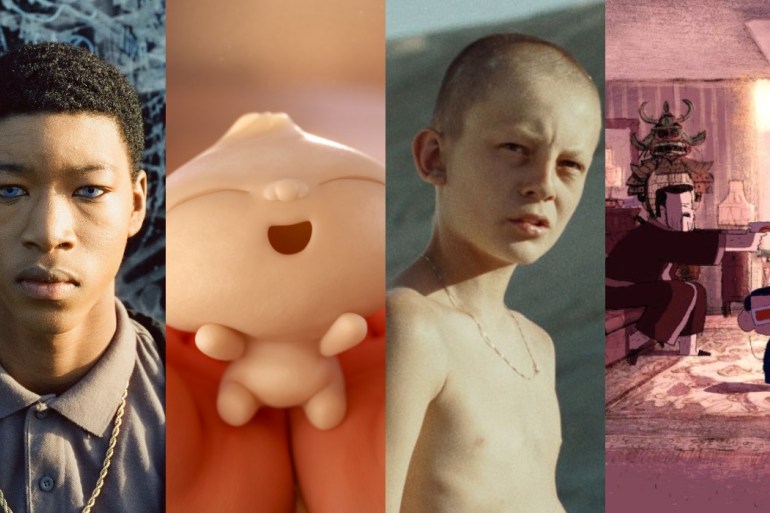This year, the Documentary Short Subject category reigned the best out of the three Shorts.tv programs. Below are the ranked nominees for each category.
Live Action
I’m always shocked at the amount of emotion and creative storytelling the Live Action Shorts are able to portray. This year is no different; though the films are surprisingly downcast, each has its own moment to shine through human connection. In my opening night screening of the Shorts.tv program, an audience member felt the urge to voice their opinion on the depressing nature of these shorts. During the last program, Skin, they stood up and exclaimed their disappointment with the selection, pleading for a more uplifting bunch.
I didn’t know what to think. They were right, in my opinion: none of the shorts left an overwhelming presence of warmth, humor, or lightheartedness. Is this shedding light on the nature of live action short, or rather, on the selection of this program? With Academy voters leaning towards the drama genre as a common favorite, I believe it to be the latter. I don’t, however, stand with the mindset that everything needs to be funny or uplifting to be selected as a nominee. Perhaps this is how we ended up with cheery Green Book as a major contender, leaving more powerful films like Blindspotting on the sidelines.
Out of all of the nominees, my personal favorite was Fauve.
5. Skin
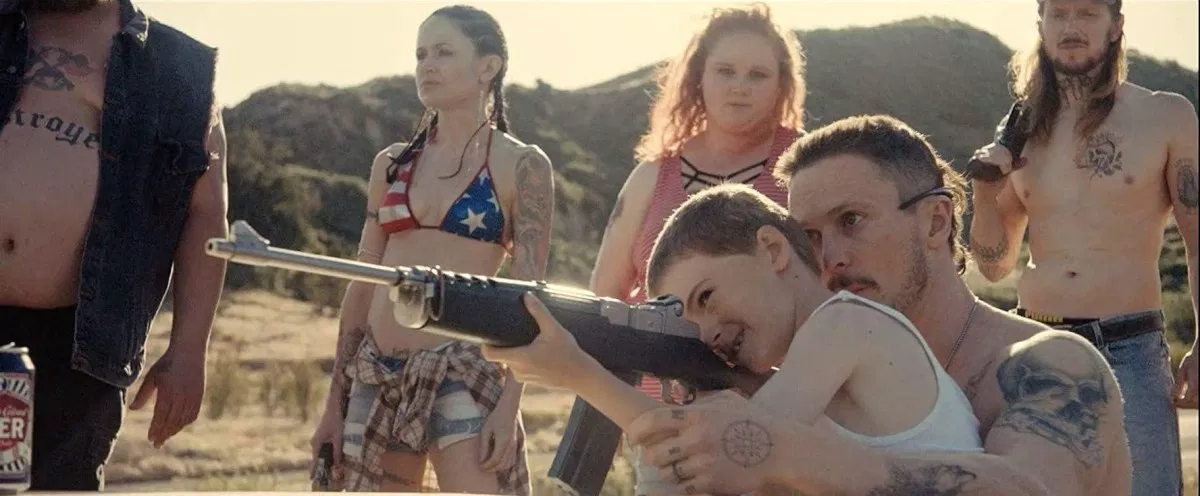
Skin oddly offers too much exposition, yet lacks quite a bit. Primarily, the film is about redneck Johnny and his prodigal son, Troy. Within around the first 10 minutes of the film, there is no hint to any of the main events that will unfold later: there is no mention of racism, no suggestion of a parallel father/son relationship. As the film continues, an unsettlingly shaky bridge is drawn between a young boy in the racist white community, and a young boy in the black community. Skin attempts to draw connections that simply do not exist, with an ending that offends in an effort to provoke.
4. Detainment
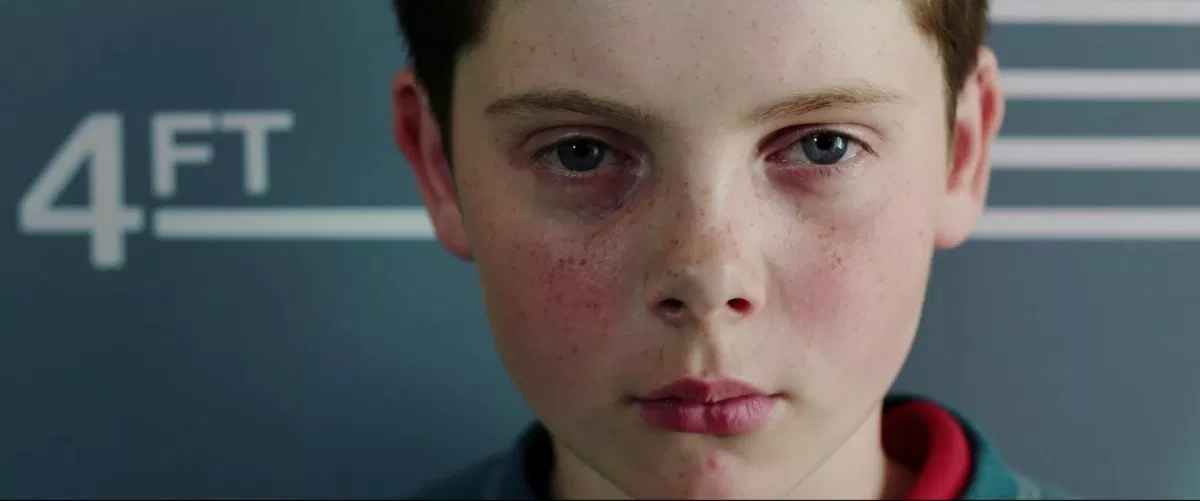
While it holds a daunting premise, Detainment is able to walk on two legs solely based on this fact. Based on the trial and killing of James Bulger, it is poorly made, mostly due to its strange editing, but also because of the exploitative nature of the story. In fact, it is so exploitative that the mother of Bulger has spoken out, suggesting the director remove it from the Oscars competition. Detainment provides no sense of reality, lacking a formal timeline; flashbacks are filmed in a sepia filter, yet the film hops from one interview to the next without any rhyme or reason.
3. Marguerite
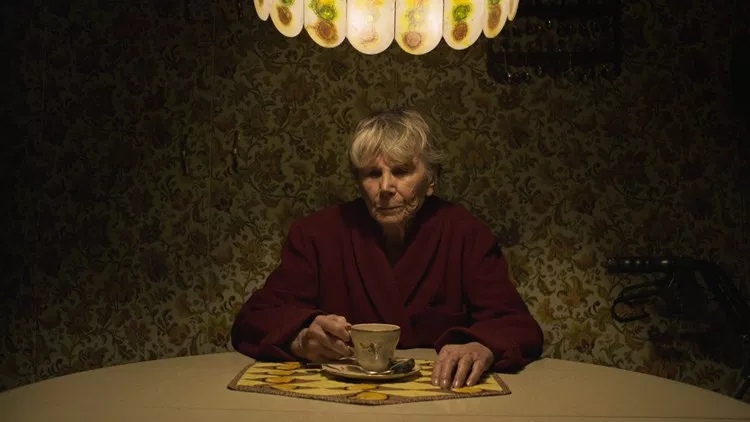
Marguerite manages to charm, as well as evoke a strong sense of nostalgia through the eyes of its titular character. It’s easy to relate to the longing that Marguerite feels. Marguerite is a single location film, providing that strong sense of isolation and loneliness the elderly woman feels for both her younger years and human connection. Saying all these things, it does lack a bit of vitality and emotion, leaving a stale taste as the film comes to a close.
2. Madre
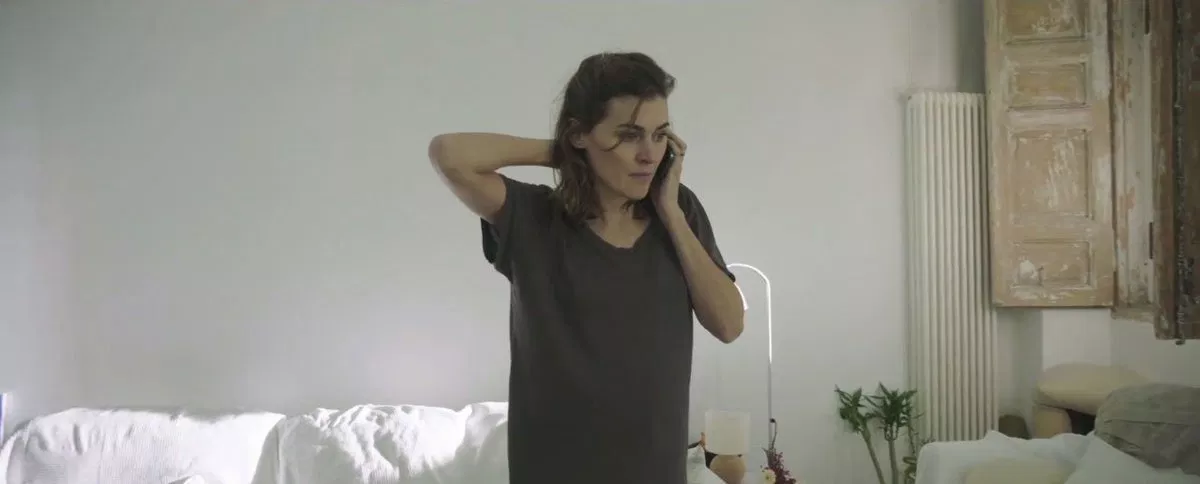
Ambiguous and thrilling, Madre provides a mystery within the confines of a telephone call. Marta, a presumably separated mother, receives a call from her frantic son, stranded by his father at the beach. Madre shows the terrible fragility of being a single mother, doing a great job of characterizing both Marta and even her own mother. While it’s gripping for the 17 minutes in which the main plot ensues, the entire film seems to be missing elements; with lack of exposition, the film relies solely upon the conversations at hand to ramp up tension and move the story along. It is entertaining while the pursuit is front and center, but allows no takeaway.
1. Fauve
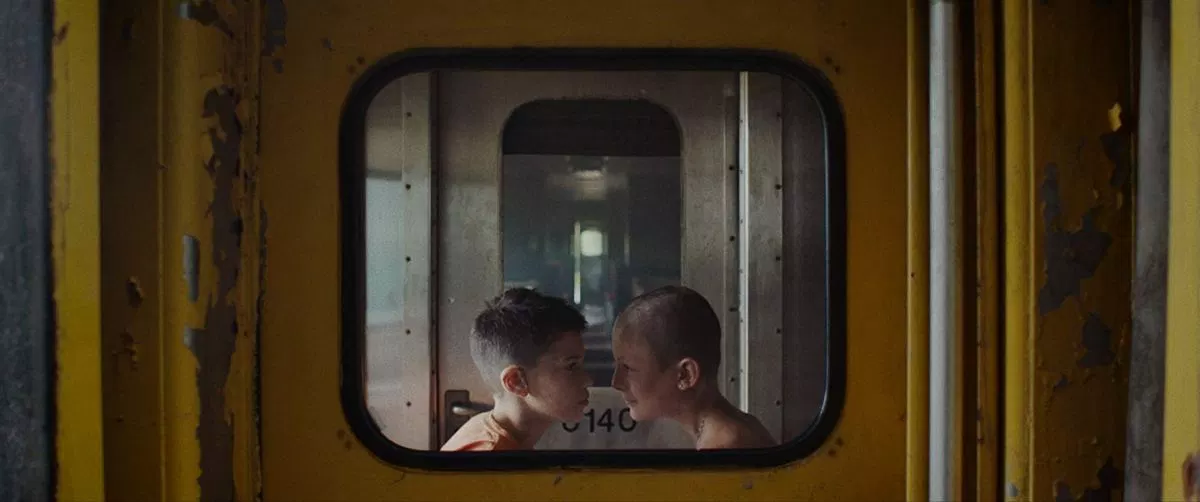
Being an adolescent rests on the tricky line between childhood and teenage years, between the old fun and the newly serious parts of life. Fauve follows a day in the life of two boys as they explore, teasing and tricking each other frequently along the way. When they push the foolery too far, the line between truths and lies begins to blur, prompting the question: who is to blame? Fauve is poetic, clever as a fox, and exhilarating. On top of this, the cinematography is beautiful, from treks through fields of green to races along hilly gravel. Fauve is able to balance humor, thrills, and tragedy well in frame and in the script.
Animated
With Animal Behavior as the sole outlier, the animated shorts shed light into family light. Most are very relatable to the masses: from childhood aspirations to final days, the shorts seem to cover every aspect of parenthood. What I am thankful for with this year’s batch is the vast differences between animation styles in each program; each is so stylistically nuanced, with so much to notice in rewatches.
I would argue that these shorts often toggle with a lot of downcast topics as well — it’s not just the Live Action portion. Most, if not all, manage to shroud their saddening topics with bittersweetness. To top it all off, a lot of the filmmakers have included videos of nomination day in the credits, a perfect way to wrap up these wonderful programs.
Though it’s a tough race, my pick of the punch is Weekends, with Bao as a close second.
5. Late Afternoon
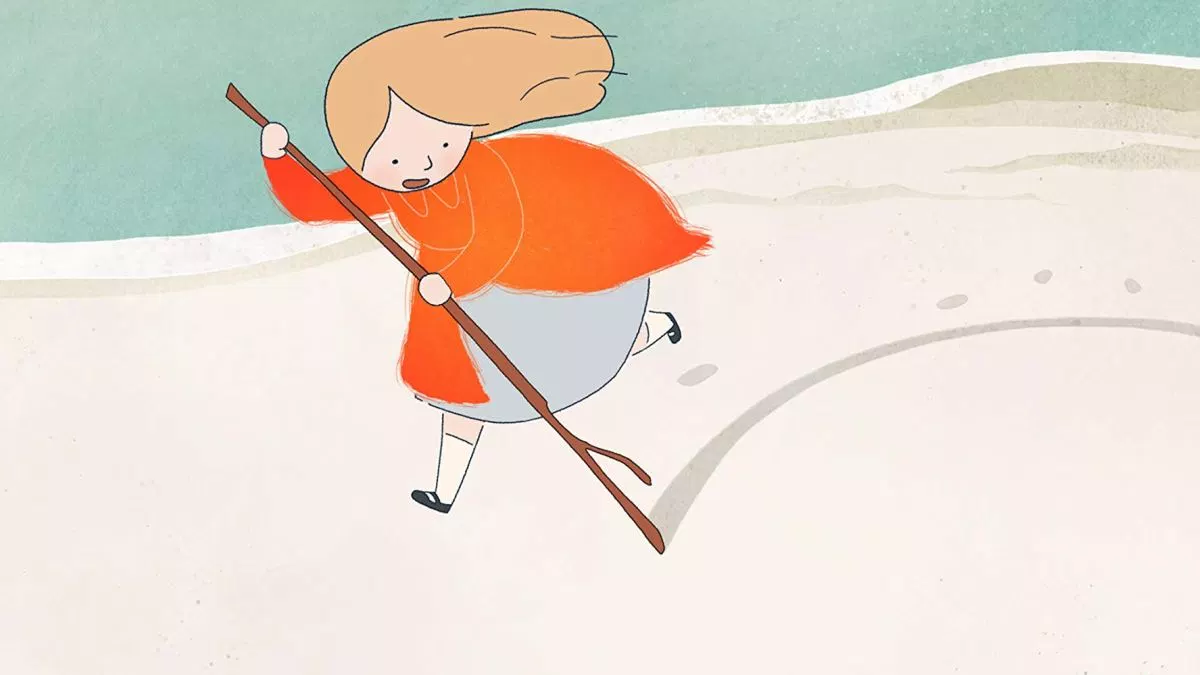
Late Afternoon is a perfectly fine film about aging and memory loss. Animated with a distinct childhood drawing style, it follows Emily, now an old woman, from her childhood to a child of her own. While it is colorful and bright, there is a loss of poignancy within the dramatic arc of the film. Emily’s story is clichéd and boring, and it definitely deserves better.
4. One Small Step
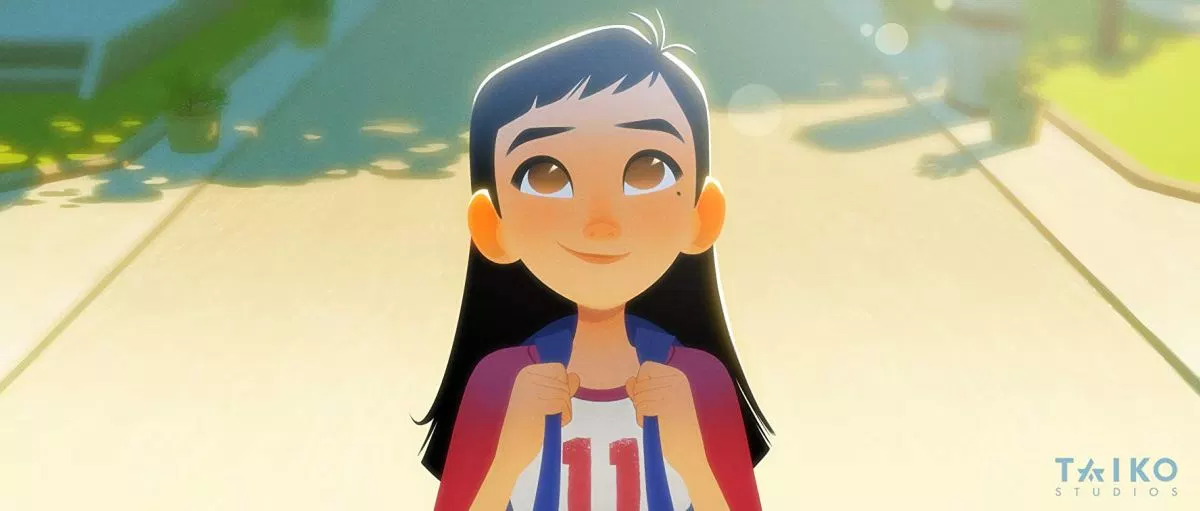
To sum it up, One Small Step is formulaic. It’s predictable. Nevertheless, it’s still sweet, straightforward, and certainly a positive message for women in fields of STEM. One Small Step follows Luna, an aspiring astronaut, and her father through years of scientific study, moonwalking, and shoe-fixing. The animation itself is a bit robotic, the least artistic out of the bunch of stellar nominees.
3. Animal Behaviour
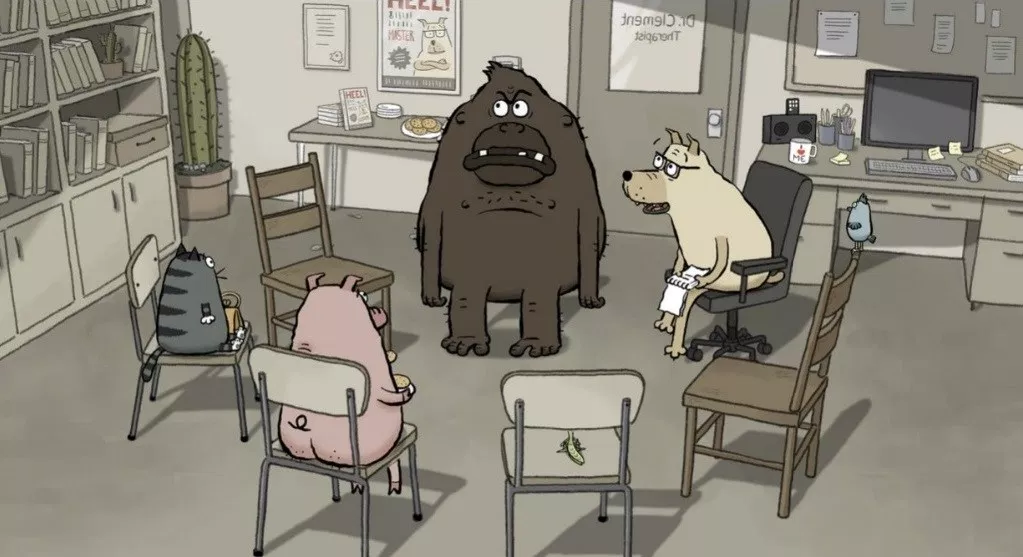
Feeling a little out of place with the melancholic familial theme, Animal Behavior sits in the median in this collection, offering up a new type of family. Through twisted animal behaviors, a self-help group led by an impulsive canine discovers that it’s okay to hurt. It’s rare to commend an animated piece for comedic timing, but this is what Animal Behavior does best. Where it lacks in writing, it makes up for with a hilarious delivery of lines.
2. Bao
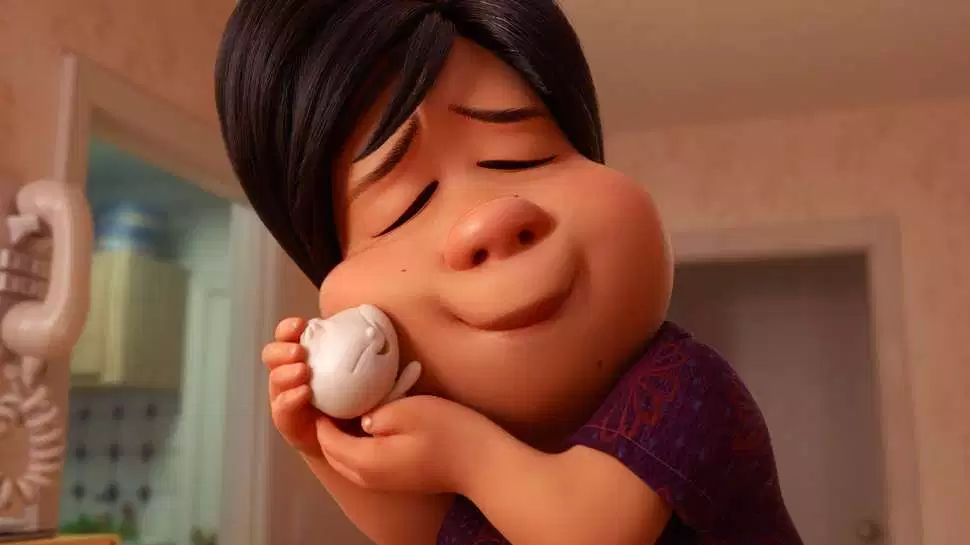
The worst part about Bao is the inevitable spike in laughs during the climactic scene. While the quips of the growing child-resembling bao are humorous, there is a resounding feeling of loneliness and loss that Bao is able to portray within this humor. The story follows a mother and her child, who manifests himself in a bao bun. The pair grows apart over time, presenting the art of food as the lasting heart between them. Pixar has created, unsurprisingly, another wonderfully crafted short with a fresh style of animation and a heartwarming story.
1. Weekends

Weekends is brilliant. It is brilliant in its chaotic animation, in its characterization, it’s setting: everything feels as if it was developed in the heart and poured into the tiny boy at the center of the film. Back and forth to his recently divorced parents’ houses, the boy enjoys restful tranquility with his mother and exciting adventures to “Money for Nothing” by Dire Straits with his father. The boy’s anxiety and doubts are hidden within his dreams, terrible nightmares of step-parents and wild horses litter his subconscious. It is a muddled mix of childhood under constraints, captured within fresh artistry and an excellent story.
Documentary
The Documentary Shorts are the best of the bunch, spanning a wide range of topics, with different emotions attached to each new subject. I watched both programs in sequence, and the only critique I have in general is the placement of each short in the program. Personally, the films End Game and Period. End of Sentence. felt more well-suited for each other, with Lifeboat, Black Sheep, and A Night at the Garden grouped for the other program. The way it stands now feels choppy and left my emotions in a blur.
Besides this, the selection is top-notch. These were the hardest for me to rank. After a major disappointment over lack of nominations for some of my favorite documentaries (Shirkers, Won’t You Be My Neighbor?), it was uplifting to see such a creative and boundless bunch from the Short Subject category.
As I said, I pondered quite a bit over my own ranking. Black Sheep was the most groundbreaking, but End Game and Period. End of Sentence. was able to provide a sense of hope I can’t say I’ve felt with many other films.
5. A Night at The Garden
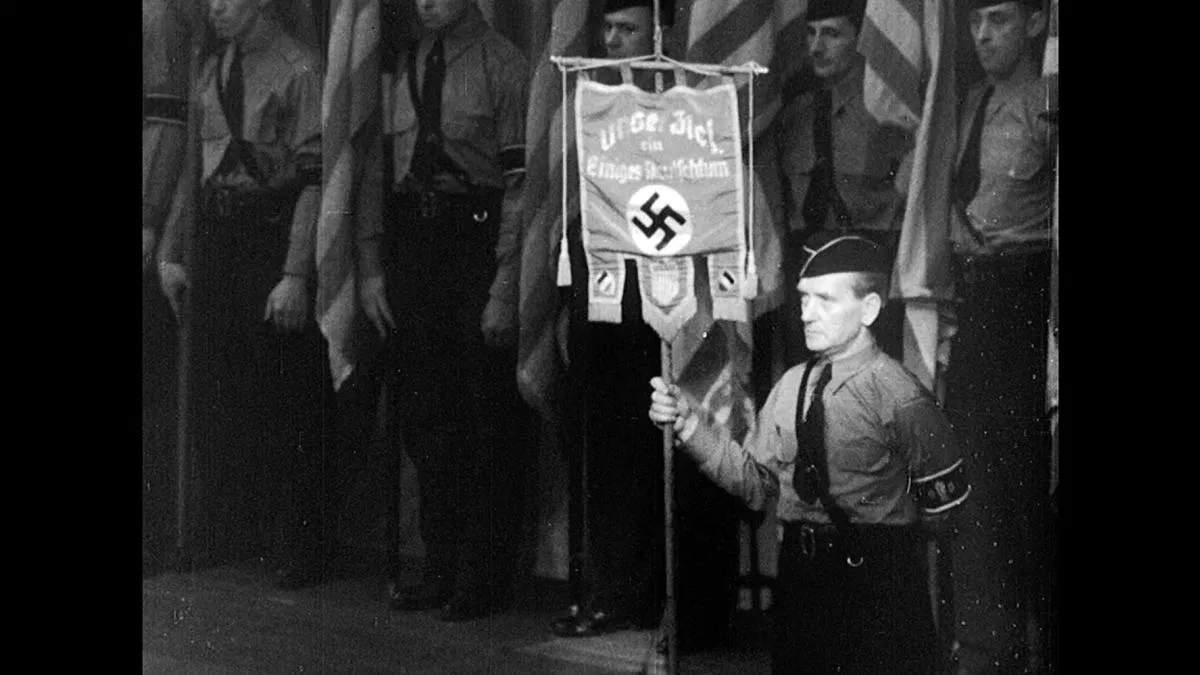
A Night at the Garden is an excellent use of complete vérité footage. It is both historical, and a great allusion to the rallies shown on television today. Paired with the United States Pledge of Allegiance and National Anthem is the unsettling image of thousands of Americans giving the Nazi salute. The footage is able to demonstrate the dangers of fascism in a mere seven minutes.
4. Lifeboat

Between Libyan refugees’ homeland and desired destination rests an unconquered, unknown purgatory: the Mediterranean. Helping these refugees pass through is a team of German volunteers who “hunt” for plastic boats, attempting to rescue the overfilled giants lost at sea. Lifeboat is excellent at highlighting this broad issue and narrowing itself down to a specific line of thought but is missing a sense of story development.
3. Period. End of Sentence.
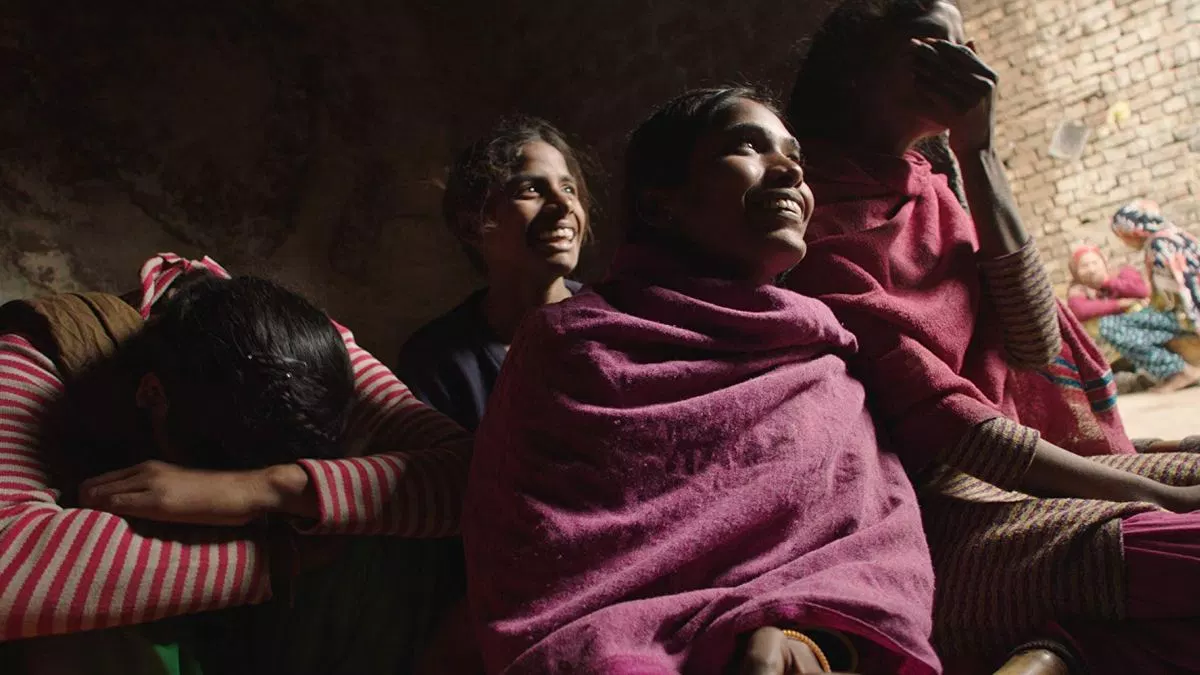
Period. End of Sentence. tackles the troublesome nature of the period as a taboo in society. A win comes for young girls in India with the invention of the low-cost pad-making machine, allowing for a local group of women to band together and market their new product. Simple and heartwarming, Period. End of Sentence. sheds light on a topic that is often left undiscussed and offers a tender story in return.
2. End Game
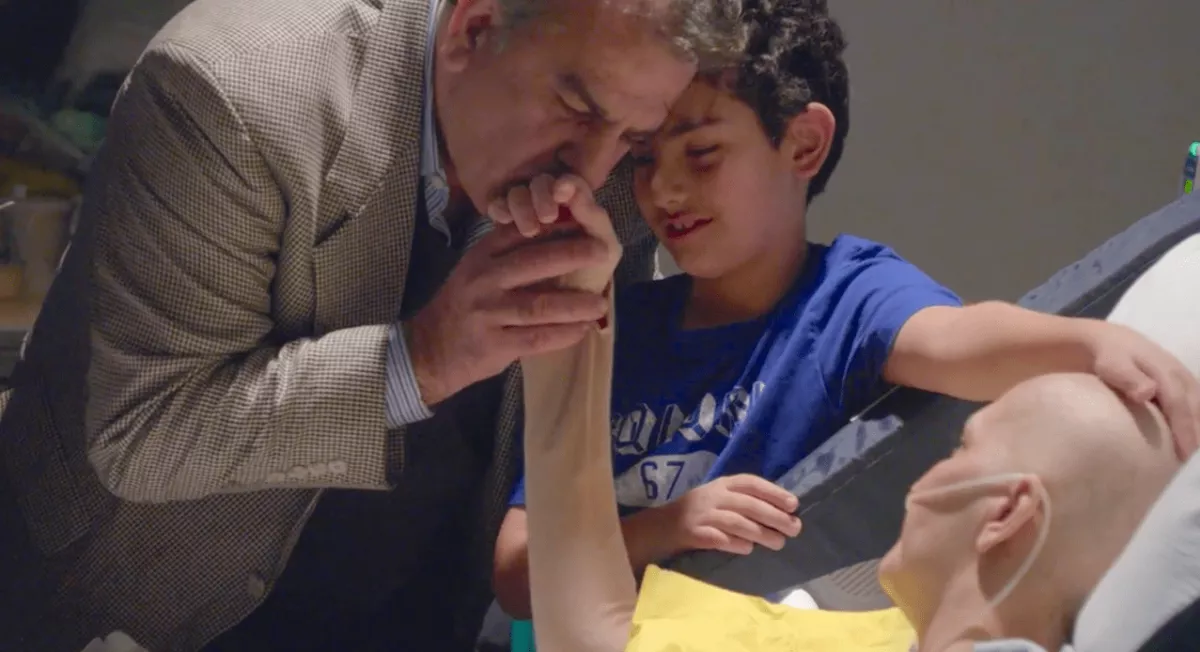
There is a point in End Game in which the subject of hospice is referred to as a place with “no hope.” For many families, hospice is the end of the line. It’s hard to come to terms with this fact. Zen Hospice Project works to reverse this mindset, pushing a sense of hope into these final memories. Death is certainly not an easy topic to cover, and yet, End Game covers the emotions and thoughts so gracefully. There is no avoidance on the matter, no diversion to the beauty of life: End Game is about the delicacy of the death process.
1. Black Sheep
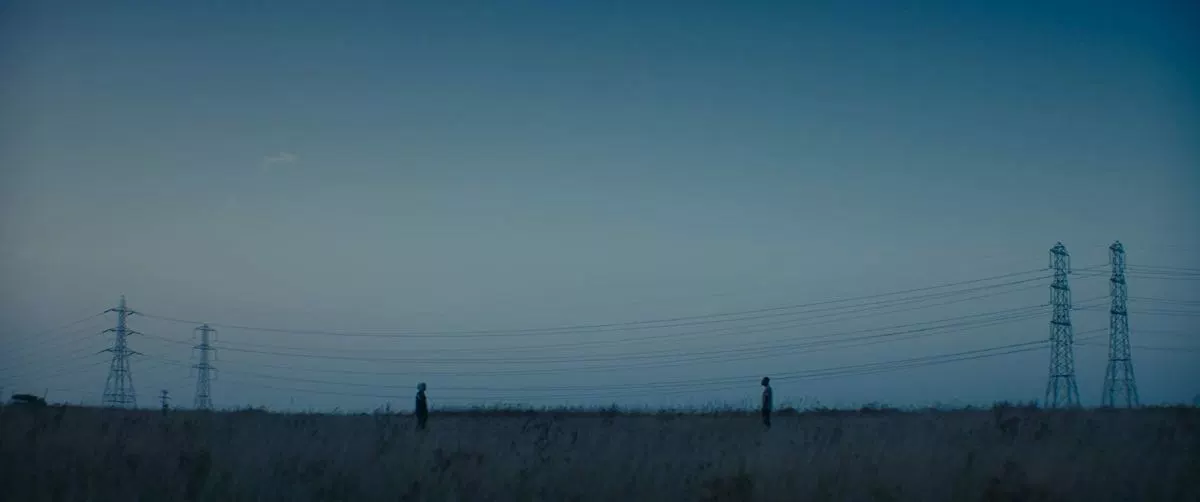
Black Sheep symbolically uses blackness to place the audience into the mind of Cornelius, an English black man reliving his tragic teenage years through a Talking Heads-style film. Between each shot is a cut to black, feeling choppy at first, but massively adding to the grim and dark tone of the piece. Black Sheep masters the art of dramatization in synchrony with the main interview, following Cornelius’ move out of London to a small, whitewashed suburb. Feeling out of place and abject, Cornelius resorts to an upsetting form of self-mutilation. The film is lonely, desolate, and manages to do so with just one man’s story.
To help us continue to create content, please consider supporting us on Patreon: https://www.patreon.com/filmera.

